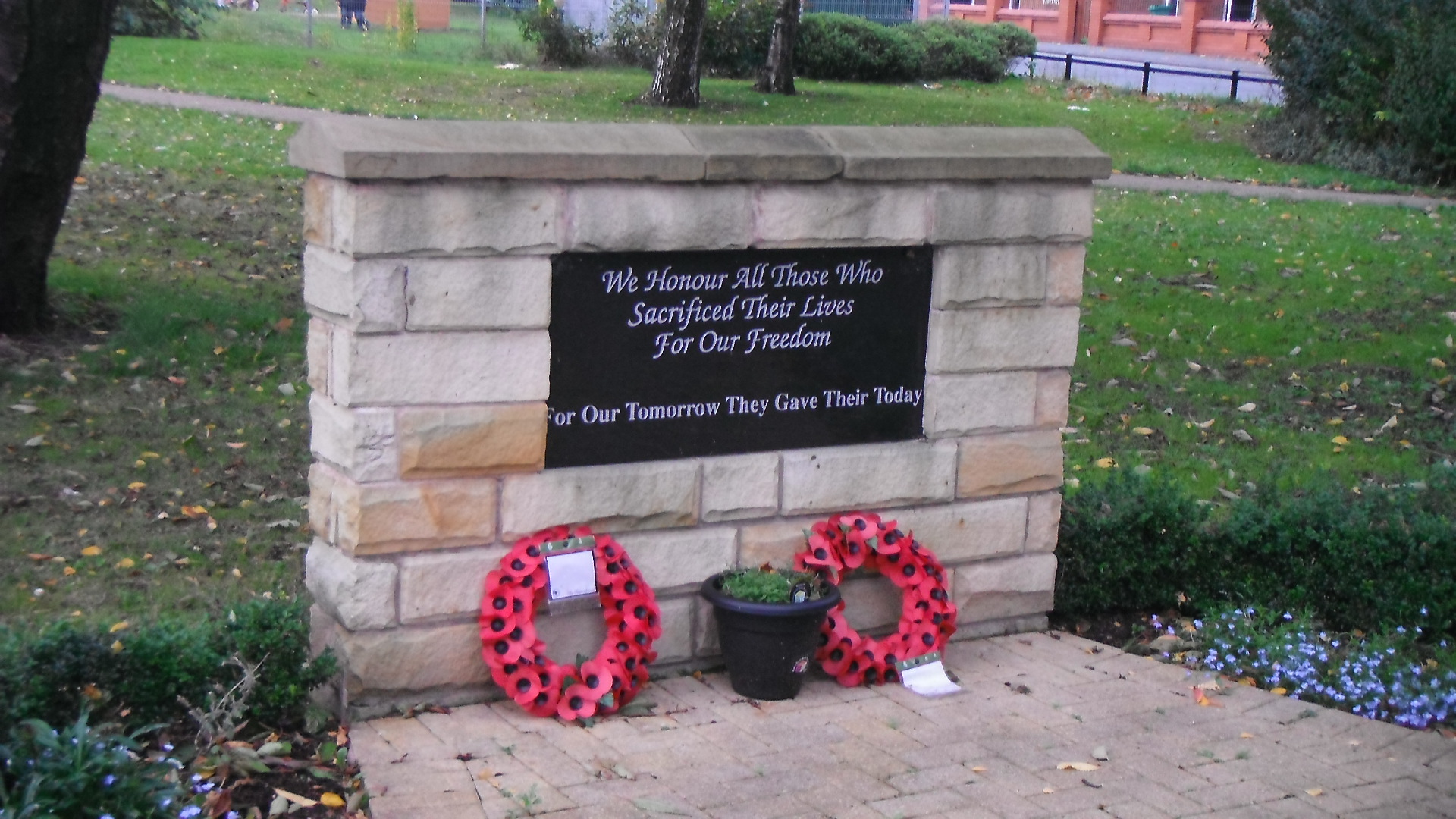Book Review Primo Levi The Drowned And The Saved
@arthurchappell (45002)
Preston, England
October 8, 2019 2:55pm CST
Translated by Raymond Rosenthal. 1986 Abacus Press.
Harrowing essays by one of the most literary of all Auschwitz survivors, penned shortly before his own suicide.
Levi felt enormous guilt at having survived, as that meant that unlike those who perished, he felt that he never got to experience the total horror of the death camps. He reasons that to survive did not mean being stronger or braver than those who perished – just more fortunate. Those who dared to try to be brave, escape, rebel, or escape, were mostly unsuccessful, and received greater punishment or death for trying except for the rare individuals who succeeded, only to find the outside world did not believe their incredible horrifying stories of what they had witnessed.
Levi argues that many survivors endured their captivity by keeping secrets and not sharing their rare strokes of good fortune with others. Levi himself at one point found a busted water pipe in a crematoria building that had been damaged in an allied air raid when he, among others was sent to clear the rubble. Levi drank the water released, and shared the pipe with only one trusted friend. Telling all of the team would have brought to much attention to the rare gift. Levi notes that one other man knew of the pipe and resented Levi not having shared the knowledge of it with him too. Taking such privileged steps at the cost of comfort to his fellow men later haunted Levi and filled him with shame and self-loathing.
Levi talks of the dreaded capos, those who survived through open collaboration with the Nazis by meting out punishment and discipline to new arrivals at the camp, making conspiracy and organized rebellion or mass escapes nigh on impossible. Most Capos were killed when the camps were evacuated just before liberation, in order to try to keep their knowledge of what the Nazis there did, a secret.
Levi talks of his correspondence with a fellow intellectual, Hans Mayer, later to become Jean Amery, who also committed suicide in later life. Amery had been shocked by the corruption of the German language, which he knew. Levi had faced the opposite problem, knowing little German at all, until he was able to get a fellow inmate to teach him the language. The Germans would bark orders and demands on prisoners in German, and then beat inmates for not following orders they simply did not understand. Amery had noticed how corrupt and stripped of poetry the German language had become.
Levi was astonished that many assumed he was willing to forgive the Germans for their acts against him and fellow Jews, but Levi makes it clear that he has no desire for forgiveness but that he sees no reason for this to spill over into hatred and animosity either.
A question he was often asked in talking to schools was why he never escaped or even fled before the Nazis took him from Italy *where he was first captured in 1944). He argues that in al our concerns about excessive policing, corrupt politicians, and erosion of our rights today, few of us are genuinely preparing to leave the country of our birth - the hint is intense – if the trap springs shut again, it may already be too late for most of us.
Levi talks of the futility of civilian escape from the camps. With heads shaved, wooden clogs that made the slightest movement make noise, dogs, wire fences, armed sentries, mine-fields, a country where they did not know the language, half starved, emaciated, and exhausted, escape for many was simply not an option.
He argues that the romantic notions of escape in literature such as The Count Of Monte Christo, and the pressure on the Western army to escape at any cost, have affected how people perceive civilian captives too. Levi points out that Russian soldiers, even if they escaped and got home, were often shot for surrendering instead of fighting to the death against the oppressors anyway.
His book is very humane and moving, and understandably harrowing but quite simply one of the most essential educational reads of the modern age. Levi notices the wars of the present day, (up to Vietnam, The Falklands and Cambodia, and argues how easily a new Hitler could rise up somewhere in the world.
Arthur Chappell
6 people like this
4 responses
@arthurchappell (45002)
• Preston, England
10 Oct 19
@LadyDuck that is understandable - good that they named an element in his honour
1 person likes this
@LadyDuck (458230)
• Switzerland
11 Oct 19
@arthurchappell He surely was a very intelligent man.
1 person likes this

@Alexandoy (65308)
• Cainta, Philippines
8 Oct 19
It's been a long time since I last read a book.
1 person likes this
@arthurchappell (45002)
• Preston, England
10 Oct 19
@Alexandoy a long time since I didn't
1 person likes this
@arthurchappell (45002)
• Preston, England
11 Oct 19
@Alexandoy I hate not having books to read when it happens
@RasmaSandra (73473)
• Daytona Beach, Florida
9 Oct 19
Such a tragic tale and thanks for this great review.
1 person likes this
@LindaOHio (156271)
• United States
8 Oct 19
What a tragic tale. Thank you for an excellent review. Definitely a must-read to learn about the Holocaust.
1 person likes this









